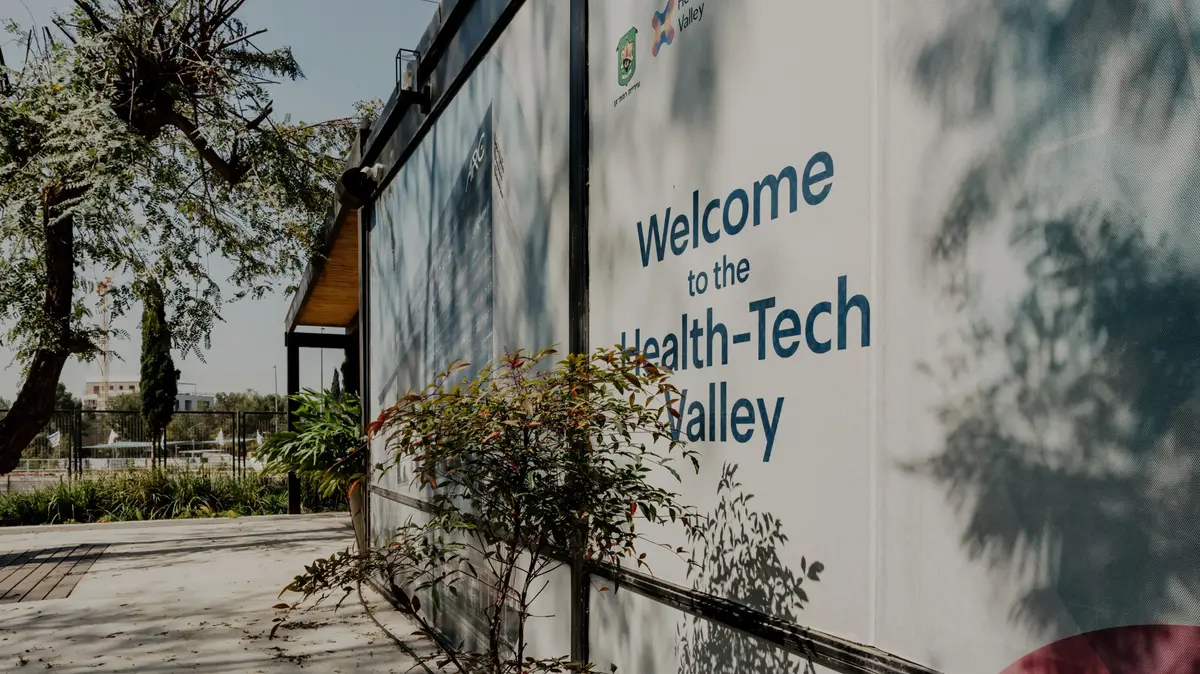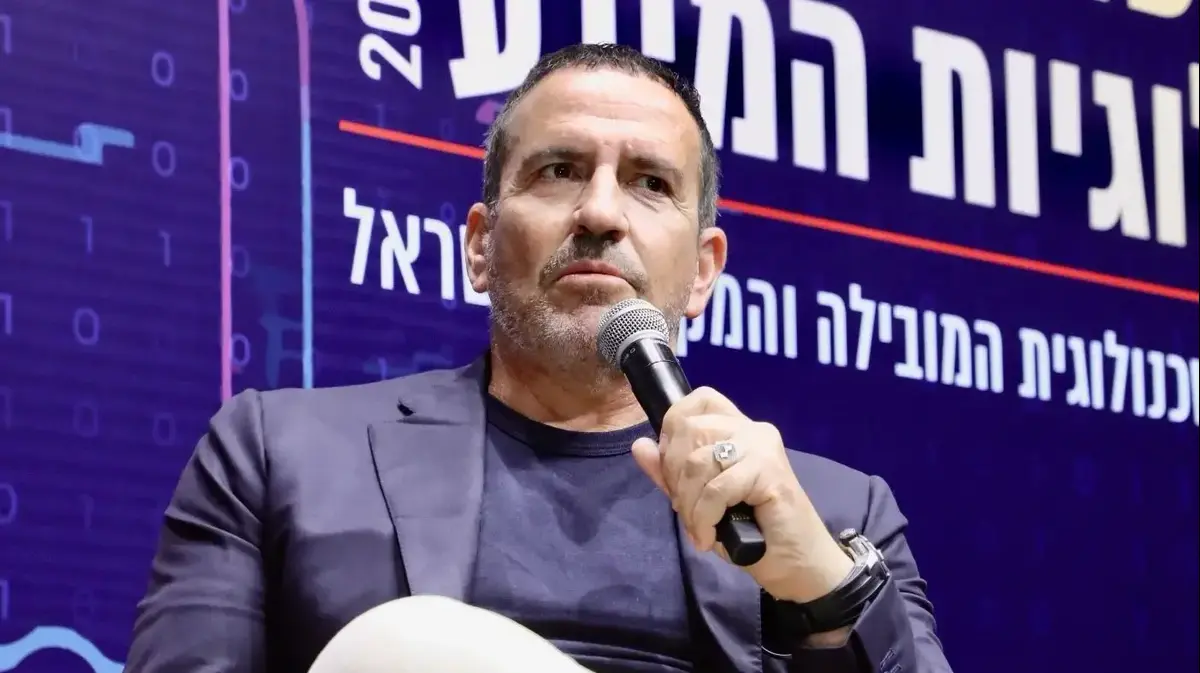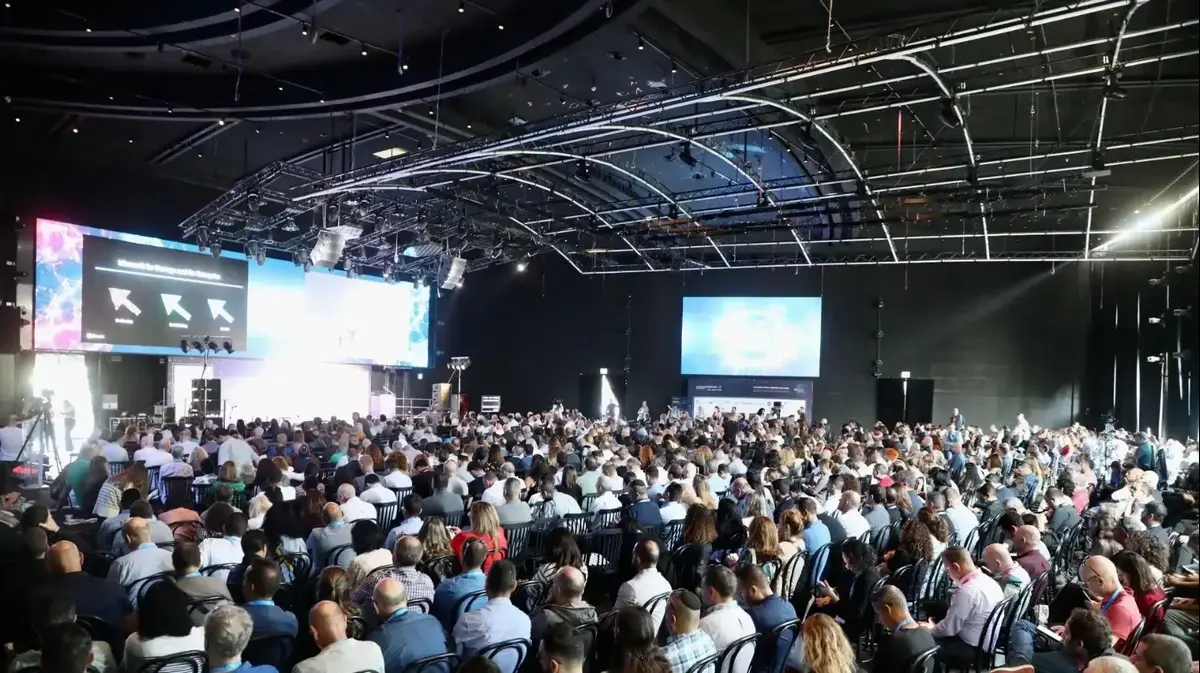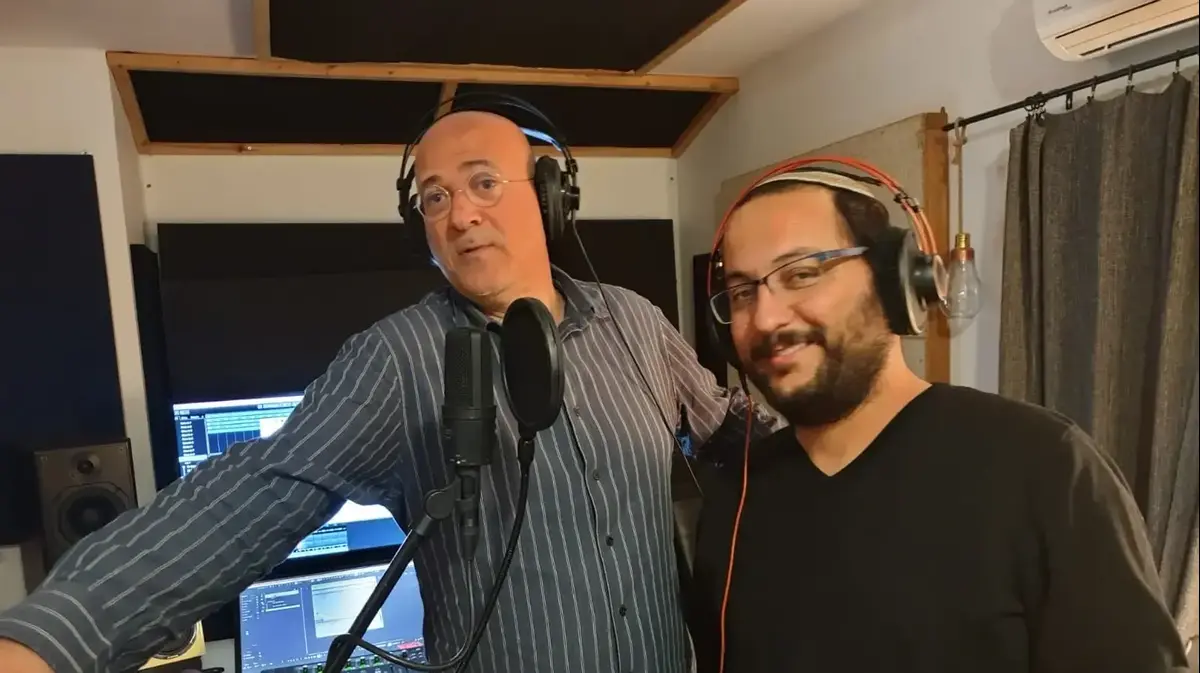My heart is in the East and my mind is at the end of my studies at the University of Applied Sciences. Computer science (University of Applied Sciences) and technology subjects have overtaken social science studies in institutions of higher education in recent years, and the humanities - which include history and literature - have also suffered a fatal blow.
This is a slow process that spanned decades.
In Israel, the most striking line is the change of direction between the studies of the social sciences and the humanities in front of the studies of the exact sciences.
Here are some examples: in 2009 the number of students in computer science, mathematics and statistics was 9,122, while in 2021 their number exceeded 20 thousand students.
In general, in the academic year 2019, engineering studies overtook social science studies, which means that there are more future engineers than undergraduate students in criminology, political science, sociology, communication, and more (of all students, 18.4% in engineering versus 17.7% in social sciences).
trend change,
These two fields of study are adjacent to each other, and in the previous academic year (2015), social science studies surpassed engineering studies by only 253 students. In the computer science and mathematics faculties (which are separate faculties from engineering), another 21,000 students studied, accounting for 9.7% of all undergraduate students in Israel.
The ambition: contribution to the economy
"The policy of the Council for Higher Education is coordinated, among other things, with what is happening in the world, and so is the relationship between the academy and the world of employment," explains Dr. Varda Ben Shaul, Acting Director General of the MLA-VAT, "if in the past the academy was considered a tower Shen, whose occupation is only in higher education, in recent years there is a clear understanding that the connection with the economy and industry is beneficial to both parties and contributes greatly to the student and the graduate of the system, also looking ahead.
"The MLA holds discussions with leading companies in the economy to understand what skills they are looking for in graduates of the academy, what areas are of particular interest to them and what kind of training they are looking for.
The Committee for Planning and Budgeting (VAT) in MLA encourages the institutions budgeted by it to train more students in fields required for the economy, such as engineering, computer science, paramedical fields, etc.
Ben Shaul explains that stimulating the institutions through budgets is "a tool that is used to encourage or accelerate certain areas, and on the other hand, it allows to curb areas that contribute less to the economy or have too many students. The processes do not concern the level of the individual and his preferences, but the institutional level and the national level. In the end, Everyone studies what they want, and accordingly the tuition fees are equal in all fields."
As part of the process, Ben Shaul explains, an attempt was made to reduce the number of students studying a multidisciplinary degree (a degree that allows students to acquire a broad basic education in the social sciences and humanities): "The contribution of this degree to the economy is very low in relation to the investment, so we are trying to limit the number of students Let them study it. We want students in the periphery to study more subjects such as computer science, because their earning capacity and contribution to the economy will be higher."
Varda ben Shaul.
The academy was considered the ivory tower, photo: Dovrot MLG
In recent years, the academy has been dealing with a decrease in the number of students who enroll in the humanities, and if at the beginning of the millennium (2007) their share was 16%, today (2015) it is already only 8% of all students.
The meaning is clear: fatal damage to subjects such as literature, the Bible and history. Ben Shaul: "On the one hand, we must keep degrees in the humanities here, and on the other hand, students are not particularly attracted there, partly because of the ability to earn money.
"MALG and OT are building plans to empower the humanities in new ways. The goal is for us to become a high-tech nation with a background of 'people of the book'. Even if there are fewer academic degrees in the humanities, the courses and content in these fields will still be part of the academic education of every student, because we integrate them into the other study tracks.
"A student who studies mathematics, physics, sciences, etc., will also take courses in the humanities. This is how graduates in the field who contribute significantly to the economy and also have significant knowledge, understanding and background in Israeli thought, sociology, philosophy and more will come out."
Over the years, there were also professions, faculties and courses of study that were considered trendy, ones that attracted students who thought they would get on the high road immediately after leaving for the big world.
But some of them found themselves jobless upon graduation or did not complete their degree.
Looking for everything
"The change in Israel began in 1993, when higher education was reformed: colleges were opened and many young people applied for an academic degree. Until then, these were mainly the universities that were elitist, and only the best went to study in them," explains Dr. Erez Cohen, a public policy researcher in the Department of Jewish Studies The Middle East and Political Science at Ariel University.
"Since then, we have experienced an accelerated increase in the number of students, until today Israel is in second place in the world in eligibility for academic degrees. If you look at Generation Y (the children of the 80s and 90s), image and status were very important to them. They went to study because they did not Wanting to stay behind, they first of all wanted to be academics and it didn't matter in what field, their parents, most of whom were not necessarily academics, also pushed for it.
"What characterizes the members of Generation Z (born from 1995 to 2010) is that they want to receive quick feedback on what they are doing. Their lives are fast, they like to incorporate new technologies, and it is natural for them to want to move forward very quickly. All this affects The labor market, on the career and also on the higher education system. They see education as not critical for integrating into the workplace.
Erez Cohen
Generation Z want quick feedback,
"This is a much more purposeful generation. This is also the reason we see, and will continue to see, a decrease in demand for studying the humanities and social sciences. These subjects do not offer much. Young people see their friends go and do a course of several months and integrate into high-tech."
So what should be done?
"In my opinion, the duration of the degree should be shortened to two years, especially in the technological subjects, for the simple reason that if you study computer science - what you learned in the first year will no longer be relevant when you finish the degree.
"In addition to that, we must integrate more online teaching because the students don't want to come to the university every day. There are courses that can be delivered in Zoom, and that way you allow the students to work at the same time. The higher education system cannot remain as it was years ago."
On the way to an automated world
Already today it is clear to everyone that the topic of artificial intelligence (the image of human thinking abilities through technological means) will enter every field of life.
"Artificial intelligence will have a much wider impact, and it will be used not only in computer science faculties, but also in medicine, astrophysics, biology, civil engineering and more," says Prof. Shay Shen-Or of the Rappaport Faculty of Medicine at the Technion, head of the Zimin Institute for Solutions Artificial intelligence for medicine and head of the biomed field at Tech-AI, the center for artificial intelligence at the Technion.
Where will they learn it?
"In faculties where this is their basis, such as at the Technion, in the Faculty of Data and Decision Sciences (formerly Industrial Engineering and Management), and also in the faculties of Computer Science and Electrical Engineering. Most of the faculties at the Technion have integrated artificial intelligence courses into the system."
The Technion has an artificial intelligence umbrella organization that has been ranked first in Europe for 15 years.
A third of the faculty members deal directly with artificial intelligence as a major field, and many more integrate it into their research and courses.
"In medical studies, for example, we already teach a course in the first year that exposes students to programming and artificial intelligence, and this is only increasing, because the doctor of the future is not like the doctor of today and we need to prepare people years ahead. This is true for many other professions.
"Those who look at the future of the economy today and have to choose, must take into account that in many ways there will be a combination of strong artificial intelligence tools with another field of interest. These are the places where it will really be possible to break through and bring value.
"For example, I can deal with the ranking of drugs for the purposes of personalized medicine. The technology will be similar, but in order to bring a high value to medicine I will have to understand drugs and make adjustments to the technology. The field of genetic engineering will also intensify - the ability to manipulate the genome, to go from things that were until now theoretical For the practical. It can be about the production of food, meat, plants, energy, and of course help in medicine as well."
were we wrong
We will fix it!
If you found an error in the article, we would appreciate it if you shared it with us









